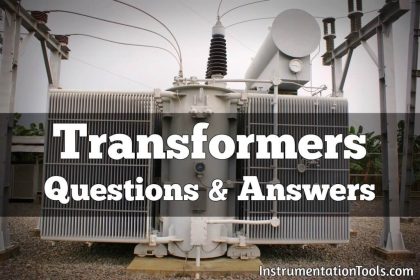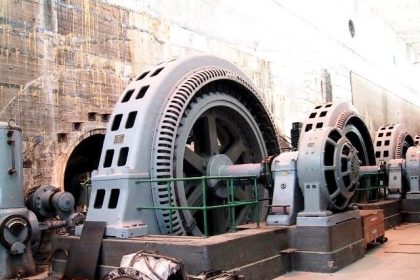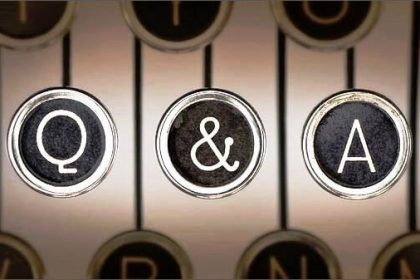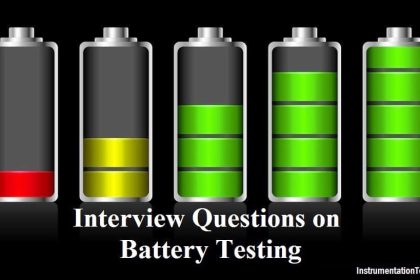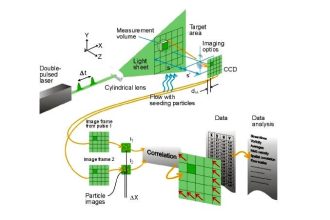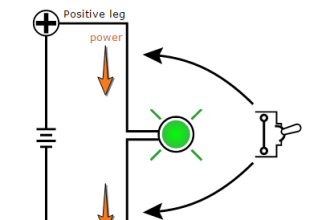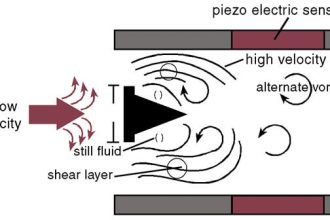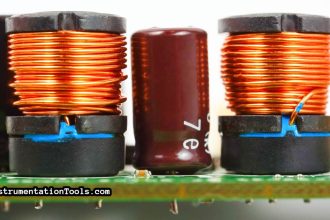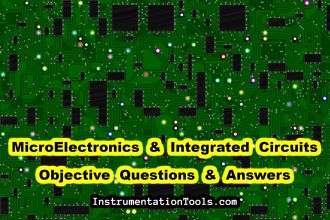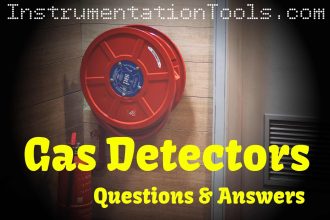What are the advantages and disadvantages of Induction Motors?
Advantages:
- It is simple and rugged in construction
- It is relatively cheap
- Induction motors require less maintenance
- Induction motor has high efficiency and reasonably good power factor
- 3-phase induction machines are self starting
Disadvantages:
- Induction motors are essentially a constant speed motor and its speed cannot be changed easily
- Its starting torque is inferior to dc shunt motor.
What is the condition for maximum torque in induction motor?
Starting torque will be maximum when the rotor resistance / phase is equal to standstill rotor reactance / phase.
Slip ring induction motor advantages and disadvantages compared to squirrel cage motors?
Advantages:
- High starting torque with low starting current
- Smooth acceleration under heavy loads
- No abnormal heating during starting
- Good running characteristics after external rotor resistances are cut out
- Adjustable speed
Disadvantages:
- The initial and maintenance costs are greater than those of squirrel cage motors
- The speed regulation is poor when run with resistance in the rotor circuit
Methods to control speed of Wound Rotor Motors?
The speed of wound rotor motors are changed by changing the slip of the motor. This can be achieved by:
- Varying the stator line voltage
- Varying the resistance in the rotor circuit
- Inserting and varying a foreign voltage source in the rotor circuit
Explain how Torque-Slip Characteristics vary when adding resistance to rotor circuit?
The addition of resistance to the rotor circuit does not change the value of maximum torque but it only changes the value of the slip at which the maximum torque occurs.
Disadvantages of Star-Delta Starting of Induction motor?
In Star-Delta starting induction motor stator is connected in star connection for starting after picking up speed it is connected to delta connection. When induction motor is connected in star connection stator phase voltage reduced by 1/(31/2 ) times the line voltage. This also results in reduced starting torque (1/3 times compared to delta connection).
Why Induction Motor name has come?
In Induction motor there is no electrical contact to the rotor. Electrical currents are induced in to the rotor circuit. Hence the name Induction motor has come.
What happen when Induction motor run at synchronous speed?
When the induction motor runs at synchronous speed, there will be no induced emf in to the rotor circuits. Therefore no rotor currents and no torque is developed. Hence Induction motor will come to halt.
What are different types of Induction Motors available?
Induction motors are of two types based on their construction
- Squirrel cage Induction motor (As the rotor winding will be like cage)
- Slip Ring Induction motor or wound rotor induction motor
What is the advantage of Slip Ring Induction Motor?
By providing external resistance to the rotor circuits during starting of the motor starting torque can be improved and starting currents can be reduced
What is the advantage of Squirrel Cage Induction Motor?
Low cost, rugged construction and less maintenance are the advantages of squirrel cage induction motors
What is the speed variation of the induction motor from no load to full load?
The decrement in the speed of the small rating Induction Motor from no load to full load will be around 4 to 5 percent and 2 to 2.5 percent in the case of large size induction motors
DC Series Motor Advantages Disadvantages
In DC series motor field coils or winding will be in series with the armature winding. The conductor size of the field winding will be having thick wire (large cross section) with lesser turns.
Advantages of DC Series Motors:
- The main application where series motors are best suited are for traction applications. Torque of the series motor is proportional to square of the field current (T α Ifield2). Therefore Starting torque for the series motor is quite high. Because of this property series motors are widely used in electric traction and in crane applications.
Disadvantages of DC Series Motor:
- Speed regulation in the series motor is quite poor. With the increase in the load speed of the machine decreases. (DC shunt motor maintains almost constant speed from no load to full load).
- With decrease in the speed torque of the dc series motor drops sharply
- DC series motor should always require to be loaded before starting the motor. Therefore series motors are not suited for the applications where load on the motor is completely removed and where motors are driving the belts. Mishap to the belt leads to motor operate on no load and attains dangerous speeds which damage the motor.
